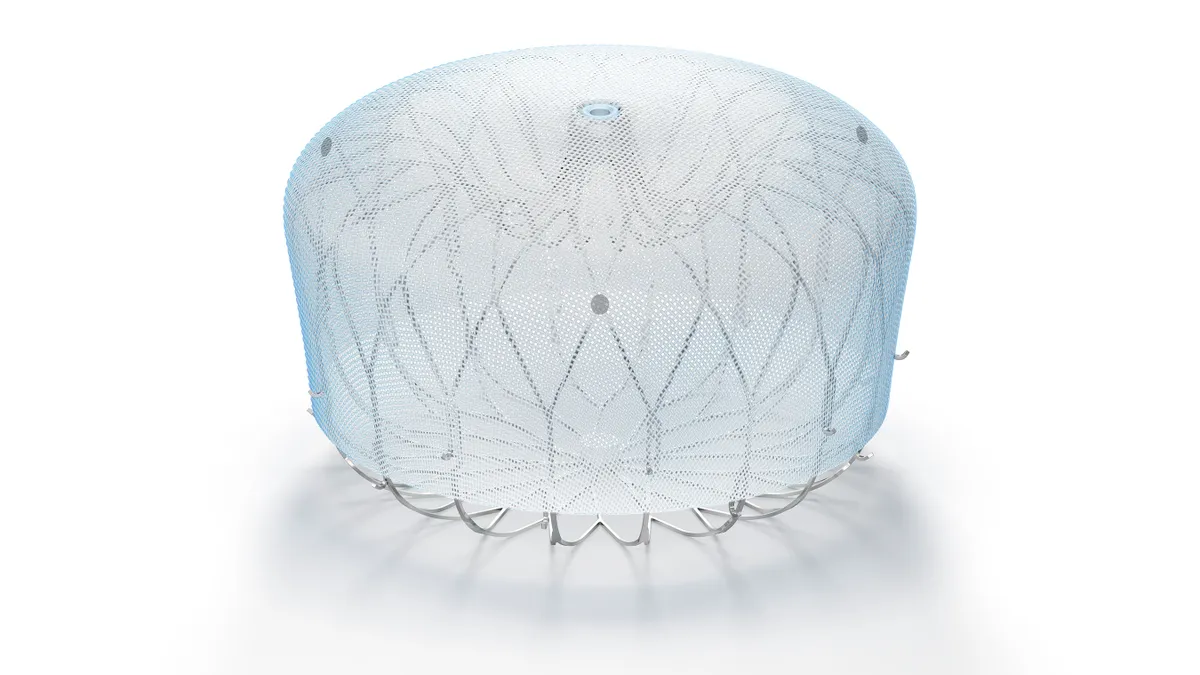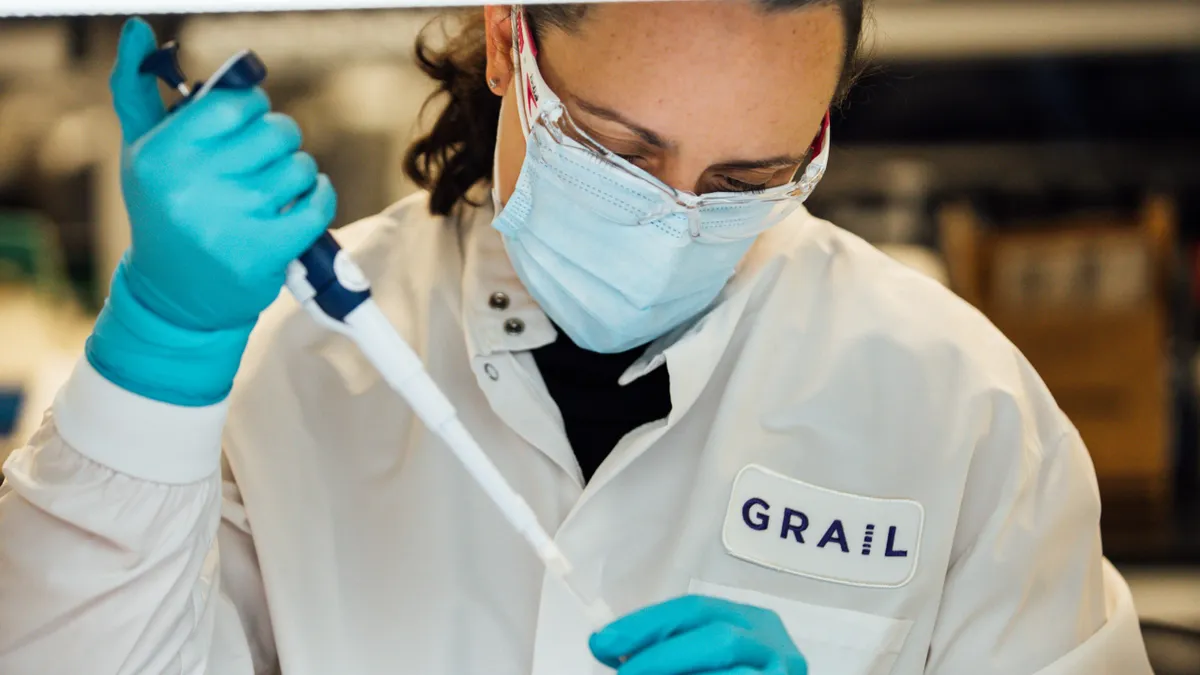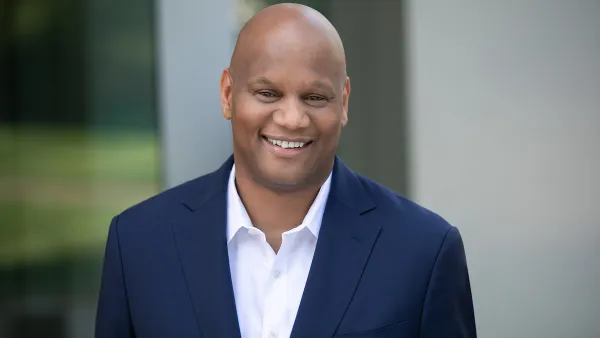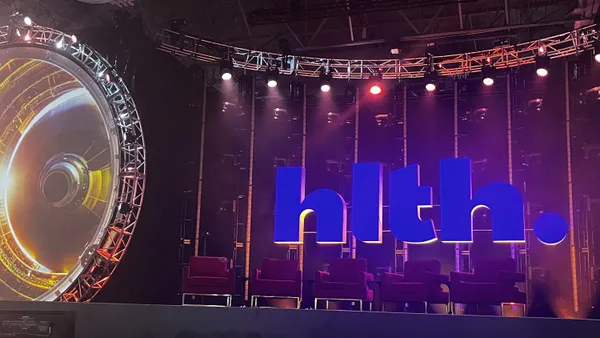Dive Brief:
- Akili, the developer of the first prescription video game to treat ADHD, said it will lay off 46 people, or 30% of its employees, and putting multiple programs on hold to extend its cash runway out to 2025.
- Akili has yet to turn its first product, which received De Novo clearance in 2020, into a big seller. Sales reached $82,000 in the third quarter on operating expenses of $24.5 million.
- The company’s ability to raise money to fund its work has been limited by the collapse of its stock price in recent months. The shares fell from $14 in August to just over $1.40 this week.
Dive Insight:
Akili is at the forefront of efforts to create prescription treatments that are experienced like entertainment. Patients play video games that present specific sensory stimuli and simultaneous motor challenges designed to act on neural processes that play a key role in attention function. Akili validated the approach by linking its program to improved attention in children with attention-deficit hyperactivity disorder (ADHD).
The company is counting on its recently launched EndeavorRx device for growth, and forecast the U.S. revenue potential in ADHD at $500 million in a presentation last year. At the same time, prescriptions increased quarter-on-quarter in 2022 as it scaled up its sales force. Still, with expenses outstripping sales, Akili has decided to cut back in some areas.
In addition to the layoffs, the company is pausing work on treatments for attention in autism spectrum disorder, and cognitive dysfunction in multiple sclerosis and depression. Management previously disclosed a pullback from indications beyond ADHD, but has now gone further by dropping plans to meet with the Food and Drug Administration “in order to conserve capital and focus.”
The changes are intended to reduce spending and narrow Akili’s focus onto “the key adoption, coverage and engagement initiatives” that could support the growth of EndeavorRx, CEO Eddie Martucci said in the statement. The goal is to “establish a sustainable operating model” and put the company “on a path to profitability.”










